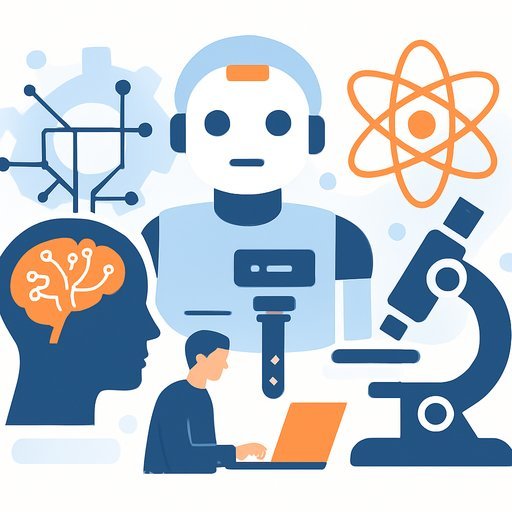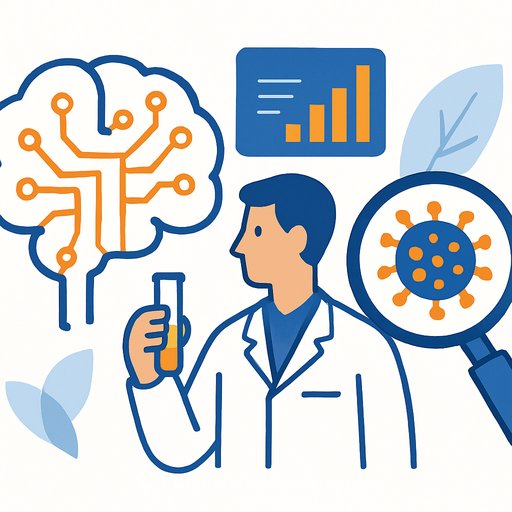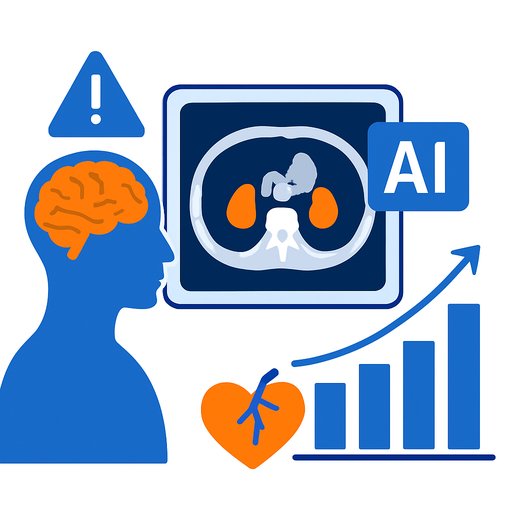DataJoint Raises $4.9M Seed To Streamline Research Data Management In Life Sciences
DataJoint closed a $4.9 million Seed round co-led by Nina Capital (Barcelona), Inoca Capital Partners (Salt Lake City), and Capital Factory (Austin), with participation from existing investors. The mix of backers signals strong interest in scaling the company's computational database and AI platform across U.S. and European markets.
Why this matters for researchers
Research teams struggle with scattered data, inconsistent formats, and limited cross-lab collaboration. DataJoint's platform tackles these issues by organizing multimodal datasets and supporting advanced AI and machine learning workflows that are reproducible, traceable, and collaborative.
The company was also selected for PharmStars, a global accelerator for digital health startups working with pharma. This opens doors to partnerships that apply DataJoint's platform to drug discovery and clinical R&D challenges. Learn more about the accelerator at PharmStars.
What the funding enables
- Grow the team to accelerate product development and customer support.
- Enhance the SaaS platform for end-to-end data integration, processing pipelines, and ML enablement.
- Expand commercial adoption in life sciences and pharmaceutical organizations across the U.S. and Europe.
Origin and focus
CTO Dimitri Yatsenko's path spans database engineering, surgical imaging at GE Medical Systems, neuroscience at Ripple Neuro, a PhD at Baylor College of Medicine, and co-founding nView Medical. During that period, he saw a clear gap in how research data was managed and how AI models were built-insights that led to DataJoint's creation.
Adoption across labs
More than 100 labs in the U.S. and Europe use DataJoint, including teams at Johns Hopkins, UCSF, Harvard, and University College London. Users automate data structuring, processing, and analysis, improving collaboration and the reliability of results. While the company is building a stronger foothold in pharma, it remains committed to academic medical centers where the technology matured.
What stakeholders are saying
- CEO Jim Olson said the funding will help the company scale its reach and bring advanced AI and data harmonization to more researchers and organizations.
- Marta G. Zanchi, Founding Partner at Nina Capital, highlighted the platform's impact on data management and AI enablement in life sciences, noting gains in workflow efficiency and reproducibility.
- Chris Sheffert, Managing Director at Inoca Capital, emphasized the fit for commercial life science and pharma companies that need to manage large, complex datasets and derive actionable insights with AI.
Practical takeaways for research teams
- Standardize data schemas early. Enforce consistent metadata and lineage tracking to reduce errors and speed up analysis.
- Automate pipelines from ingestion to model training. Treat workflows as versioned, testable code to improve reproducibility.
- Promote cross-lab collaboration with shared definitions and access controls. Reduce duplicated effort and conflicting results.
- Plan for AI at the data layer. Curate labeled datasets and clear provenance so models are auditable and reliable.
If your team is upskilling for AI-driven research, explore curated options here: AI courses by job role.
Your membership also unlocks:






